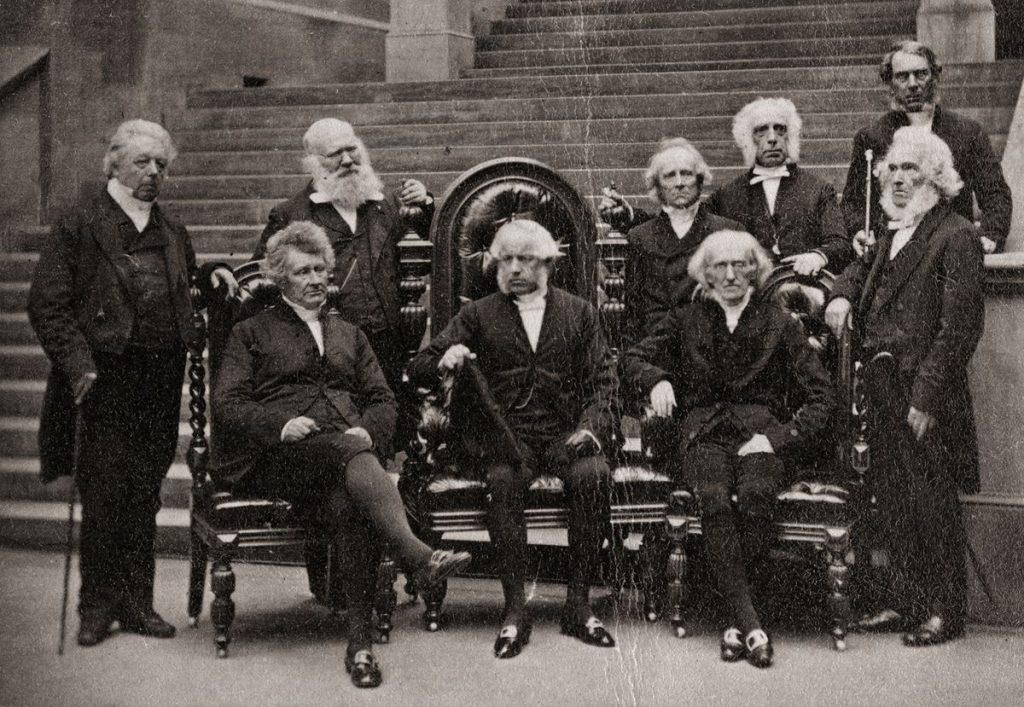Venture capital is so recognizable from the startup world that everyone tends to overlook how it emerged and why it’s so focused on funding startups.
First, accessible information systems weren’t very helpful in monitoring what happened in an organization’s operations and finances. So we can imagine what it meant for investors to trust a whole company with the much higher amounts they were eager to invest. How could they ensure the money was put to work in the business rather than embezzled from the CEO or their workers? Without a suitable information system, it was hard to ascertain how much profit a company created, let alone if it made a profit in any respect. (In the old days, shareholders‘ liability was mainly unlimited, so even if the firm did not exist, the debt might be retrieved from its shareholders.)
Incidentally, that unlimited liability was another reason why credit was favoured over equity. Before limited liability became common practice, in the event that you owned a business’s stocks, you’re potentially liable for all of the money that firm owed other stakeholders. Because of this, it was very risky to take an equity stake in business: you needed to understand the entrepreneur, reside nearby to keep an eye on them and be certain they did not make any decisions which could lead to somebody carrying your wealth away from you.
In areas where entrepreneurial ecosystems have taken off, superior performances attract a growing number of capital, to the point where venture capital firms must compete for the better dividends, while traditional players, such as Goldman Sachs and Fidelity, are moving to the business and placing pressure on the incumbents.
At precisely the same time, there is an accelerating rate of innovation, especially at the earlier stages, aided by the growth of innovative firms like Y Combinator and AngelList. However, if venture capital is to grow as an asset class because we want it to perform, a radical change must take over in more hazardous surroundings. If we succeed in the present paradigm change, future venture capitalists will be quite different from today’s venture capitalists, as dealers in today’s Goldman Sachs are distinct from the old investment pioneers of the 1950s.
